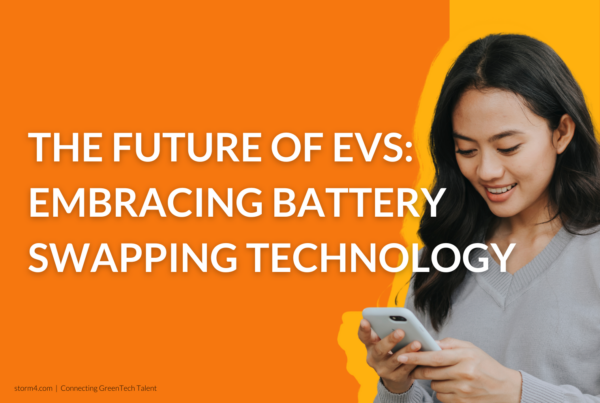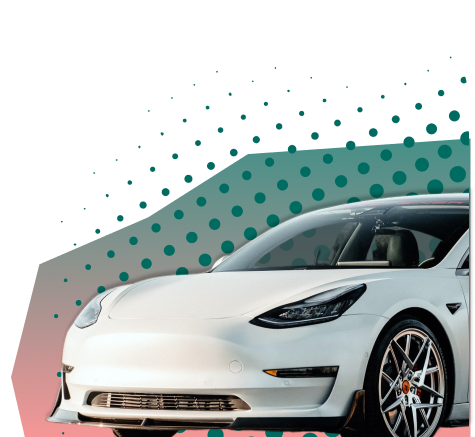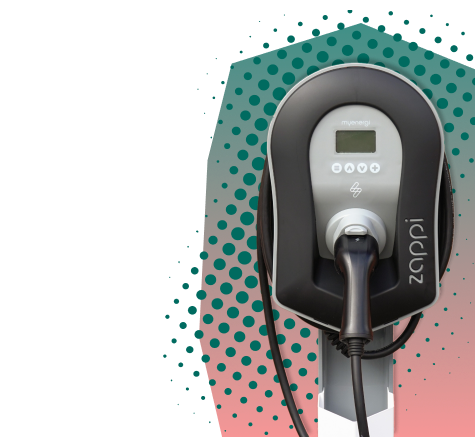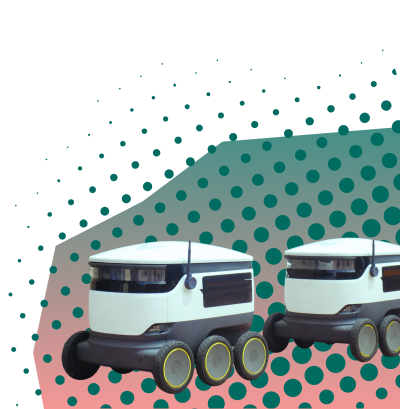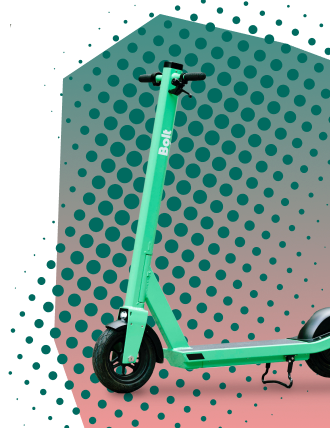The world is experiencing a rapid increase in urbanization, with more than half of the global population now living in cities. This trend is expected to continue, with experts predicting that by 2050, 70% of the world’s population will live in urban areas. In 2021, according to the World Bank Data, already 56% of global population lived in an urban setting. Cities are standing on the forefront of the transition to a more sustainable future. While there are many ways cities can “decarbonize themselves”, in this article we will explore how net-zero cities can be achieved through the use of smart technology.
 What exactly is Smart Technology?
What exactly is Smart Technology?
Smart technology is the use of advanced technology to improve efficiency, productivity, and sustainability. It encompasses a wide range of technologies, including the Internet of Things (IoT), artificial intelligence (AI), and data analytics. This includes all of the smart metering systems you might already have in your house, many automations and so on. When applied to urban areas, smart technology can help cities become more sustainable, efficient, and liveable through a similar principle as when used in your home.
In what ways can smart technology be used to facilitate net-zero cities?
-
Smart Energy Management
Smart energy management involves the use of advanced technology to optimize energy usage in buildings and infrastructure. This can include the use of smart meters, which provide real-time energy usage data, and automated systems that adjust energy usage based on demand. Smart energy management can also include the integration of renewable energy sources, such as solar and wind power, into the grid. By reducing energy consumption and waste, cities can save money on energy and waste disposal costs.
-
Energy-Efficient Buildings
Buildings are responsible for a significant portion of global energy consumption and greenhouse gas emissions, around 70% to be exact. Smart technology can help reduce this impact by optimizing building design and energy usage. This can include the use of smart lighting systems that adjust based on occupancy, automated climate control systems that adjust based on weather and occupancy, and smart appliances that use energy more efficiently. According to the IEA, digitalization and smart controls can reduce emissions from buildings by 350 Mt CO2 by 2050.
-
Smart Infrastructure
Smart infrastructure refers to the use of advanced technology to improve the efficiency and sustainability of urban infrastructure. This can include the use of smart traffic management systems that optimize traffic flow, reduce congestion, and improve air quality. According to the IEA, usage of smart traffic management systems could reduce congestion in cities by around 8%. Smart infrastructure can also include the use of smart waste management systems that reduce waste and improve recycling rates.
Smart technology can also improve the resilience of urban areas to climate change and other natural disasters. According to ICF, smart net-zero cities have to be resilient to climate change, and there are numbers of ways it can be achieved. For example, the use of smart sensors that detect and respond to extreme weather conditions, and smart evacuation systems that help residents evacuate quickly and safely in the event of an emergency. Smart technology can also improve the safety and liveability of cities, making them more attractive places to live and work.
Challenges to Implementation
While smart technology offers many benefits and is crucial for net-zero cities, we need to acknowledge that there are also challenges to its adoption. One of the biggest challenges is the cost of implementing smart technology in big, urban settings. While the long-term benefits of smart technology may be significant, the upfront investment can be substantial. This can be a barrier to implementation for some cities, especially those with limited resources.
Another challenge is the complexity of implementing smart technology. Smart technology requires the integration of many different systems and technologies, which can be challenging to manage. This can require significant expertise and resources, which may not be available in all cities.
Finally, there are concerns about data privacy and security. Smart technology relies on the collection and analysis of large amounts of data, which can be sensitive and personal. This has raised concerns about privacy and security, and has led to the development of new regulations and standards for data management.
Conclusion
Smart technology has the potential to revolutionize the way we live in cities, making them more sustainable, efficient, and liveable. By optimizing energy usage, reducing waste, and improving resilience, smart technology can help cities achieve net-zero status and create a better future for all. While there are challenges to implementation, the benefits of smart technology make it a worthwhile investment for cities looking to create a sustainable future for their citizens.
With more innovations, come more great smart tech entrepreneurs. And with smart tech entrepreneurs, comes the need to build smart tech teams. If that’s the case for you, get in touch today! Our specialist Consultants work only within the GreenTech space, with Smart Tech being one of our biggest divisions, and no doubt we can connect you with the very best talent that aligns with your needs.




